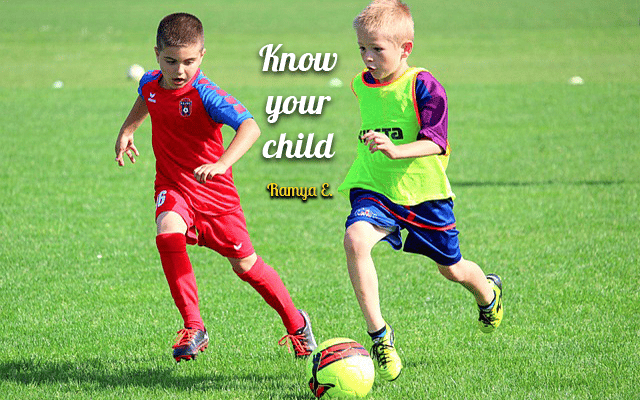Children start to learn the fundamentals of sportsmanship as soon as they start playing childhood sports. In reality, this is the best justification for young kids to do team sports. They must acquire some fundamental sportsmanship behaviours while participating in sports.
After a game, exchanging high-fives with the opposition team may seem like a trivial gesture to players who are just starting out. But instances like these create the foundation for true teamwork. Children must abide by a few fundamental guidelines that will give their acts more meaning.
Follow the rules of the team
Rules are there to make sure the game is fair and fun, and to help keep the players (and officials) safe. So breaking them can be dangerous, in addition to dishonesty. Plus, victories earned by cheating don’t feel nearly as good as honourable wins do.
Don’t blame team members
If a teammate gets hurt, makes a mistake, or feels sad, offer some encouraging words. Never blame or taunt a team member for losing a game, giving up a score, or committing an error. You win as a team and you lose as a team.
Accept your mistakes
If you’re the one who drops the ball, accept responsibility instead of trying to make excuses or shift the blame to others. A good player learns from mistakes. Saying mean things about and to your opponents (even if they can’t hear you) is disrespectful to them, to the game you all love, and even to your own teammates. It makes them look bad too. So keep comments polite or keep them to yourself.
Shake hands after the game
Shake hands or trade high-fives and tell the opposing team “good game.” This shows the other players that you respect and appreciate them. After all, it takes two teams to play – games wouldn’t be much fun without opponents.
Don’t brag and gloat when the losing team is around, or make fun of them for losing. It’s okay to enjoy a win. You earned it! Just don’t put the other team down while you’re celebrating.
Not every game will go your way. Take responsibility for your losses instead of blaming them on the other team. Good sportsmanship doesn’t come automatically or easily to every child. Your teaching and role modelling are critical in helping your child learn this important life skill.



















